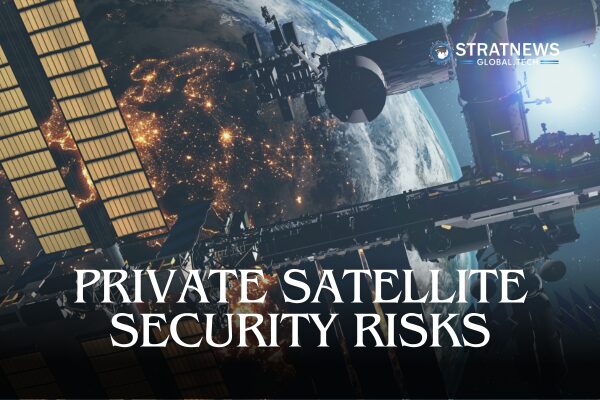Thales CEO Raises Concerns Over Starlink’s Business Model
Thales CEO, one of Europe’s largest satellite manufacturers, has cautioned governments about the risks of relying too heavily on private satellite networks. CEO Patrice Caine raised concerns about the sustainability of such models, in what appeared to be a reference to Elon Musk’s Starlink.
Speaking at a results briefing on Tuesday, Caine questioned the long-term viability of Starlink’s frequent satellite renewals and uncertain profitability. Without directly naming Starlink, he warned of the risks associated with outsourcing critical government communications to private entities.
“Government actors need reliability, visibility, and stability,” Caine said. “A player that— as we have seen from time to time— mixes economic rationale with political motivation is not the kind that would reassure certain clients.”
Starlink’s Expansion and Security Role
Starlink, operated by SpaceX, has rapidly grown into a global provider of satellite-based internet. With over 7,000 satellites in orbit and millions of customers, the service has positioned itself as a secure and resilient network. SpaceX argues that Starlink’s vast constellation makes it highly resistant to space-based attacks, as damaged satellites can be quickly replaced.
To meet increasing global demand, SpaceX is expanding its Starlink terminal manufacturing facility in Texas. The automated plant produces around 15,000 terminals daily, further strengthening Starlink’s market presence. The company has used its reusable Falcon 9 rockets to deploy satellites at an unmatched pace, outpacing competitors like Europe’s OneWeb.
Starlink has played a crucial role in military communications, particularly during the Ukraine war. Russian cyberattacks failed to disrupt the network, unlike the successful hacking of rival provider Viasat. However, Musk has faced scrutiny over his control of Starlink’s operations. In 2023, he admitted to refusing a Ukrainian request to activate Starlink in Crimea, citing concerns over involvement in a major military conflict.
Europe’s Preference for State-Controlled Networks
Caine highlighted that most European governments favour greater control over their communication infrastructure. He pointed to the future Iris2 constellation, which is designed to provide secure government networks within Europe.
“When you operate government communications, you don’t necessarily want to be dependent on an external person, whoever that is,” he said. “That is why the vast majority of government infrastructure in Europe is owned or has been purchased.”
While some nations rely on private investments in satellite networks, Europe largely prefers state-controlled systems. Caine referenced the Galileo positioning system, initially launched as a private initiative, which later required government intervention after facing operational challenges.
Thales, along with Airbus, is one of Europe’s key satellite manufacturers. Although Starlink does not compete directly with Thales, it has disrupted the industry by challenging traditional telecom satellite providers. Despite higher overall 2024 profits, Thales reported continued losses in its satellite division.
With inputs from Reuters


